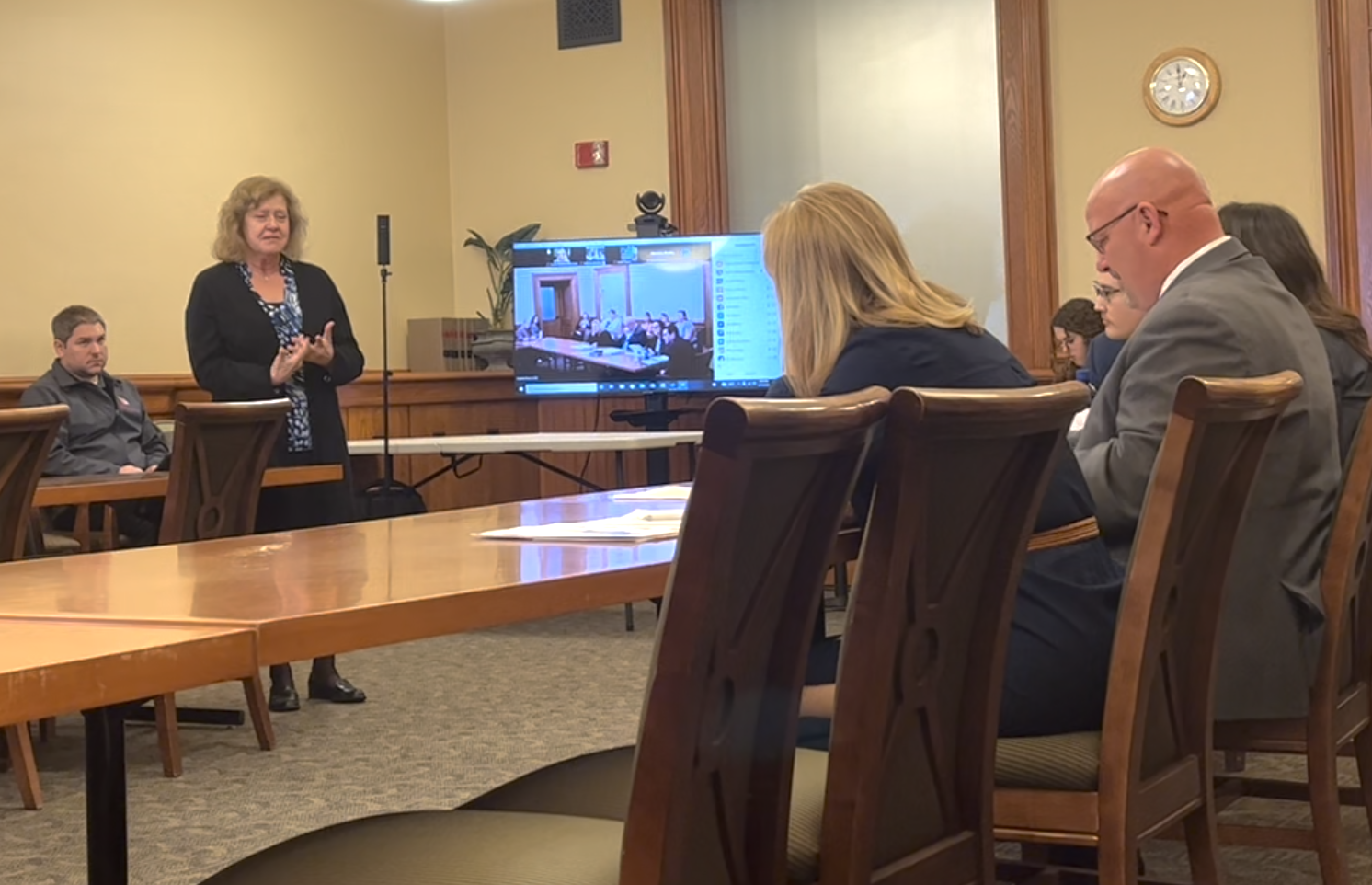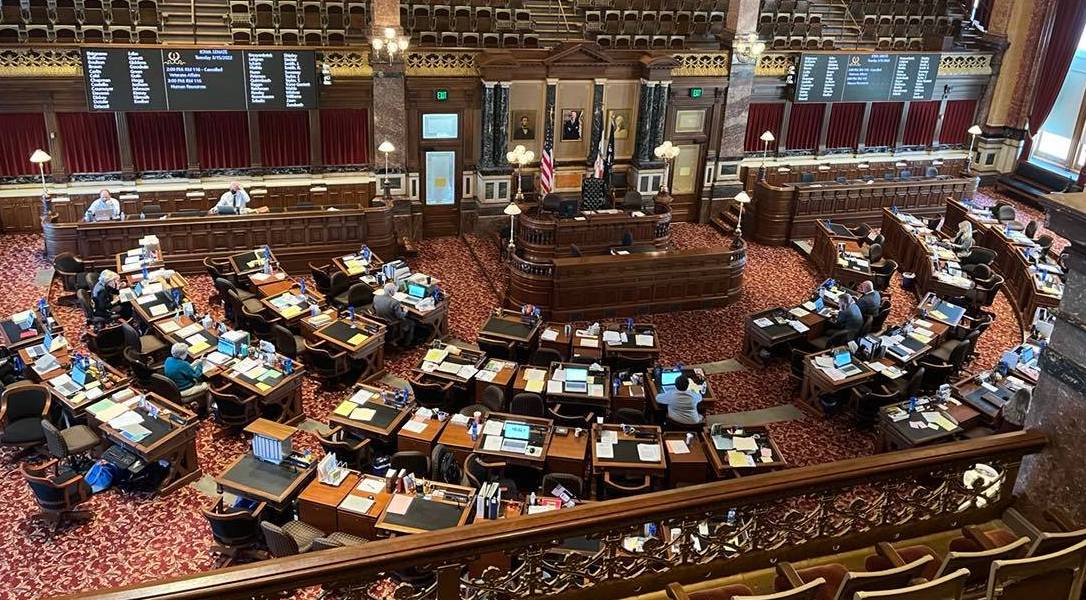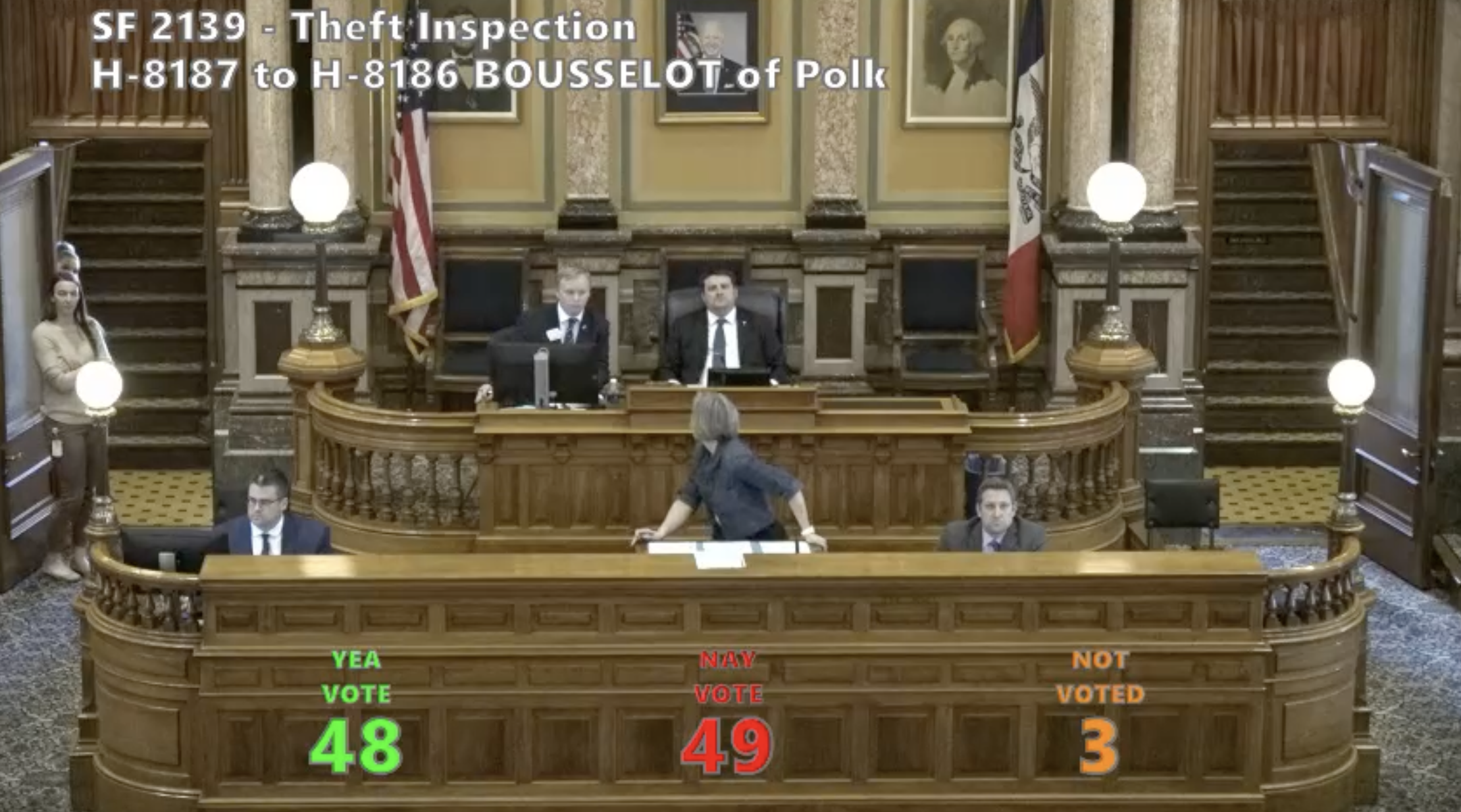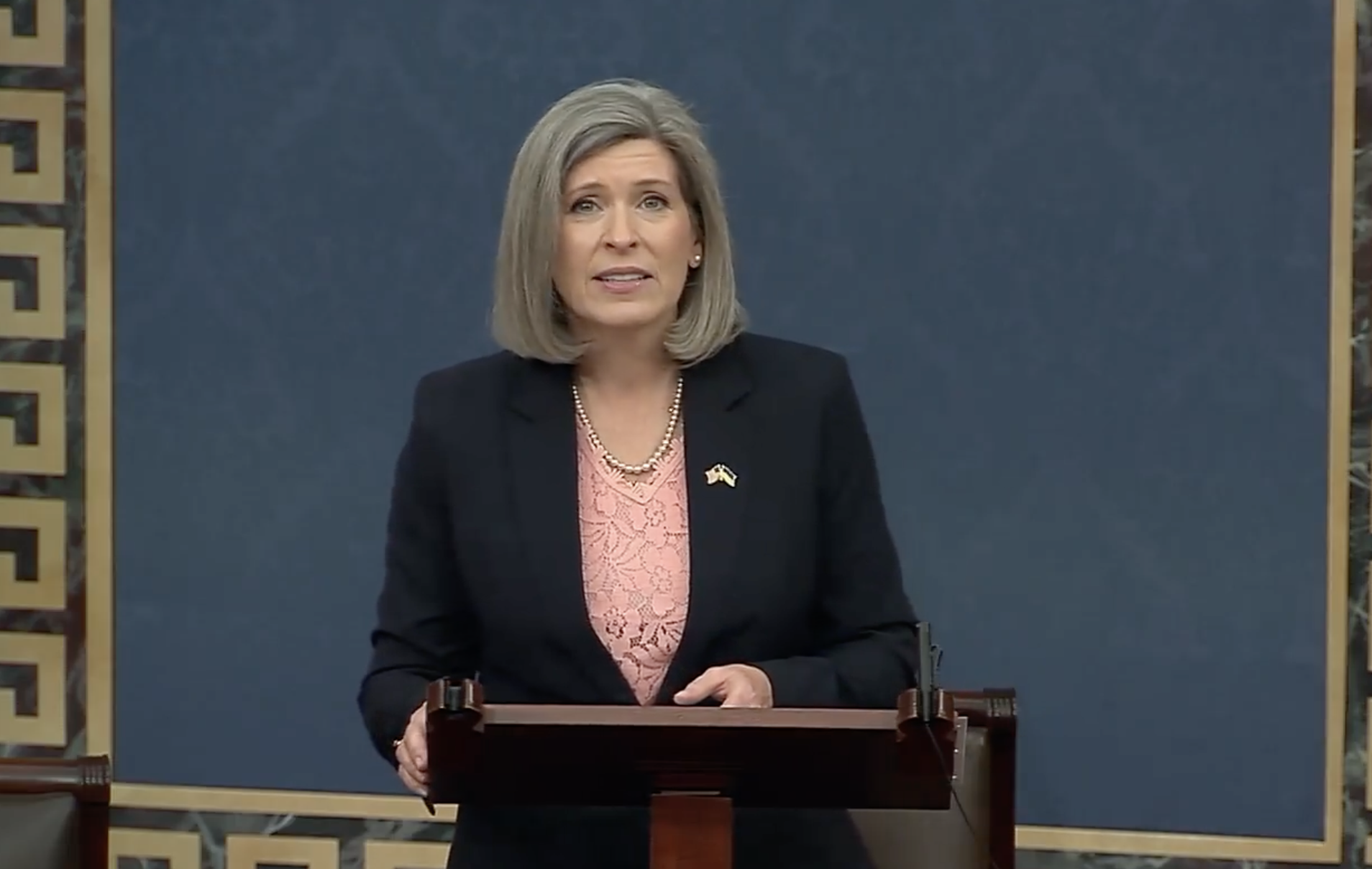Editor’s note: This column contains discussion of sexual abuse.
Kurt Meyer writes a weekly column for the Nora Springs – Rockford Register, where this essay first appeared. He serves as chair of the executive committee (the equivalent of board chair) of Americans for Democratic Action, America’s most experienced liberal organization.
Two decades ago, I became dimly aware of the poet Richard Eberhart. Not because of anything he had written or done recently to breach my knowledge gap. Rather, because he was from Austin (Minnesota), as was Dad’s family. Despite his minimal interest in poetry, it was Dad who first brought Eberhart to my attention, logical in light of their shared Austin background.
My curiosity piqued, I began investigating. “Who’s this famous poet… from AUSTIN?”
Continue Reading...



















